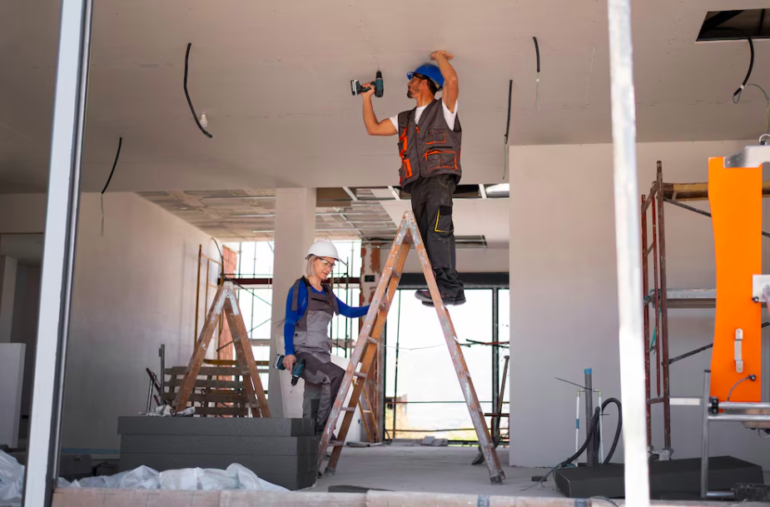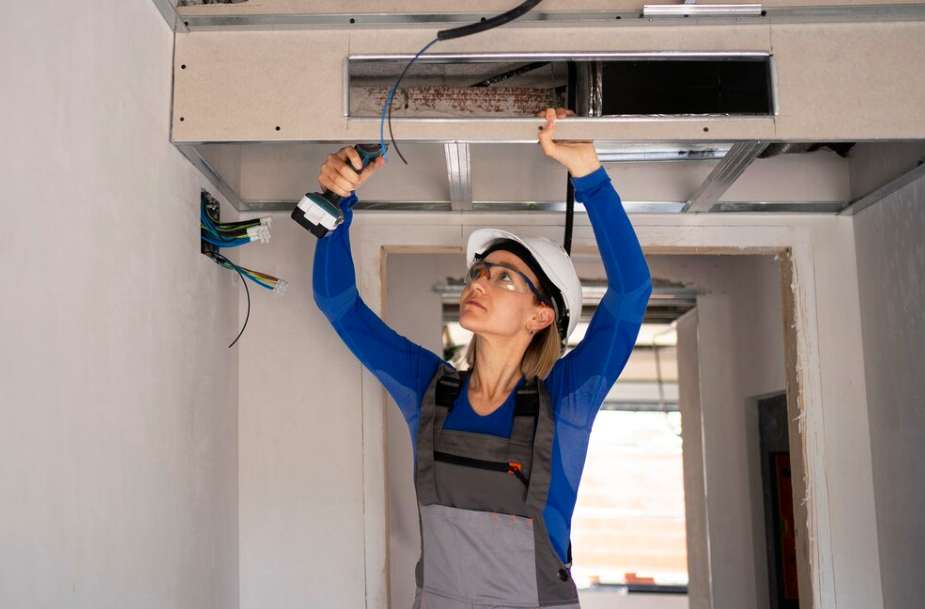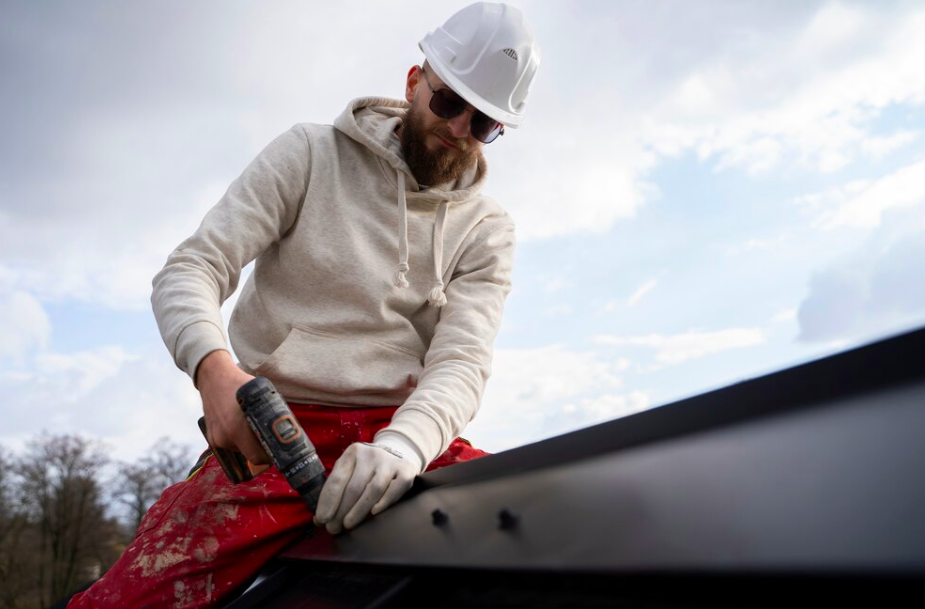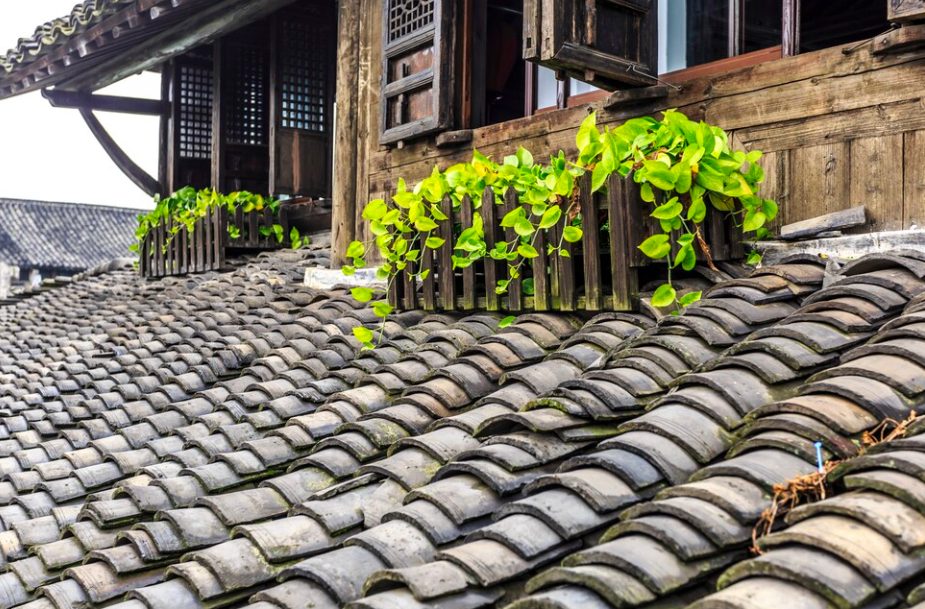
- June 25, 2024
- Home Improvement
- No Comments
Renovating your home can feel overwhelming, but with the right approach, it can be a smooth and rewarding process. This guide covers key tips for renovating your driveway, controlling dust, and choosing roofing options, ensuring you’re well-prepared for your home improvement project.
Driveway Renovation Tips

A well-maintained driveway boosts your home’s curb appeal and functionality. Here are some essential tips for renovating your driveway:
Pick the Right Material
Choosing the right material is crucial. Common choices include asphalt, concrete, gravel, and pavers. Asphalt is affordable and durable but needs regular maintenance. Concrete is more expensive but looks polished and lasts long. Gravel driveways are the cheapest and provide good drainage but can be messy. Pavers are aesthetically versatile and easy to repair but can be pricey.
Ensure Good Drainage
Proper drainage prevents water damage and erosion. Make sure your driveway has a slight slope to direct water away from your house. Installing French drains or using permeable pavers can help manage water effectively.
Prepare the Foundation
A solid foundation is key to a long-lasting driveway. Excavate the area to a depth of 8-12 inches and lay a base of compacted gravel. This creates a stable base for your driveway material and prevents future settling or cracking.
Maintain Regularly
Regular maintenance extends your driveway’s lifespan. Sealcoat asphalt driveways every 2-3 years to protect against weather damage. For concrete, occasional power washing and sealing prevent stains and cracks. Gravel driveways need periodic raking and replenishing to maintain an even surface.
Dust Control During Renovation

Renovation projects can create a lot of dust, which can be harmful and disruptive. Here are some tips for construction dust control during your renovation:
Contain the Area
Isolate the renovation area from the rest of your home using plastic sheeting and tape to seal off doorways, windows, and vents. This helps keep dust confined to the work zone.
Use Air Purifiers
Air purifiers with HEPA filters can significantly reduce airborne dust. Place them in and around the renovation area to capture dust before it spreads. Using a vacuum with a HEPA filter for cleanup also helps maintain air quality.
Apply Wet Methods
Cutting, sanding, and grinding create a lot of dust. Whenever possible, use water to minimize dust, like wetting tiles before cutting or drilling. Wet wiping surfaces instead of dry dusting also helps control dust.
Clean Regularly
Clean the renovation site regularly to prevent dust buildup. Sweep and mop floors, wipe down surfaces, and dispose of debris promptly. This reduces dust and improves safety and efficiency on the job site.
Wear Protective Gear
Ensure everyone uses appropriate protective gear, like masks, goggles, and protective clothing. This minimizes the risk of respiratory issues and eye irritation from dust exposure.
Roofing Options for Renovation

Your roof is a crucial part of your home’s structure and look. Choosing the right roofing material and design is important for a successful renovation. Here are some popular roofing options:
Asphalt Shingles
Asphalt shingles are the most common roofing material because they’re affordable and easy to install. They come in various colors and styles, making them versatile. However, they typically last 20-30 years, shorter than other materials.
Metal Roofing
Metal roofing is durable, energy-efficient, and low-maintenance. It reflects solar heat, reducing cooling costs in hot climates. Metal roofs come in various styles, like standing seam and corrugated panels, and can last 40-70 years, but they’re more expensive upfront.
Wood Shingles and Shakes
Wood shingles or a wood shake roof offers a natural, rustic look. Cedar is popular for its durability and resistance to insects and rot. Wood roofing requires regular maintenance to prevent mold and decay but can last 30-40 years with proper care.
Clay and Concrete Tiles

Clay and concrete tiles are known for their longevity and distinctive appearance. They resist fire, insects, and rot, making them durable options. However, they are heavy and may require additional structural support. They can last 50-100 years with proper maintenance.
Slate Roofing
Slate roofing is very durable and long-lasting, with a lifespan of 75-200 years. It offers a sophisticated look but is expensive and requires professional installation. Slate is also heavy, needing reinforced roof framing.
Synthetic Roofing Materials
Synthetic materials, like rubber, plastic, and polymer, mimic the look of natural materials like slate and wood. They’re lightweight, durable, and often more affordable. Synthetic options are easier to install and maintain, making them practical for many homeowners.
Expert Renovation Tips for Your Home
Renovating your home is a great way to boost its beauty, functionality, and value. By focusing on key areas like driveway materials, dust control, and roofing options, you can ensure a successful project. Careful planning and execution will enhance your home’s curb appeal and provide long-lasting benefits.
Ready to start your renovation journey? Visit Archer’s Homes for expert advice, quality materials, and professional services. Let us help you transform your home into the perfect space. Contact us today to get started!
